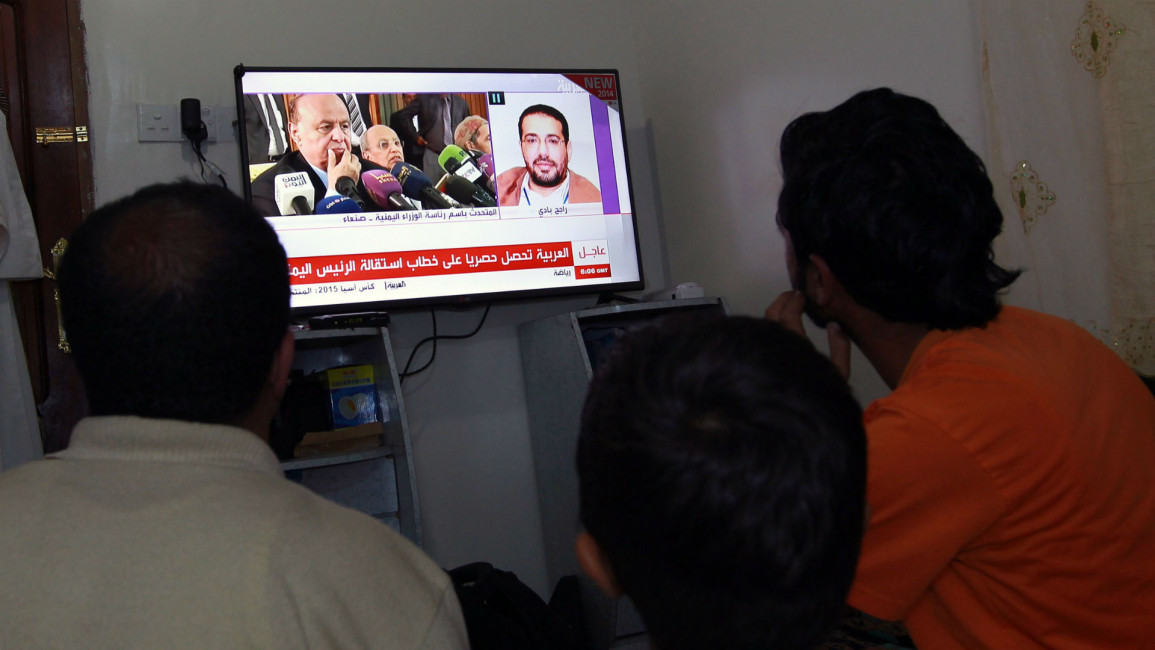Yemen president offers resignation as south defies Sanaa
Yemen's president, Abd-Rabbo Mansour Hadi has offered his resignation to parliament after rebel Houthi forces took over the presidential palace refused to leave.
Presidential advisers including Sultan al-Atwani told the AFP news agency that Hadi had offered to step down on Thursday evening.
The prime minister, Khalid Bahah, had earlier tendered the resignation of his government, saying he did not want to be responsible for the lawlessness gripping the country.
The Yemeni parliament refused to accept the president's resignation, according to an anonymous official who spoke to the AFP. The source said the parliament's speaker, Yahia al-Rai, had called an extraordinary session for Friday.
The resignations have sparked further unrest in the south of the country, where seperatist sentiments remain high. It was reported by AFP that the committee in charge of security and military affairs in the four southern provinces of Yemen, including Aden, would defy all military orders from Sanaa following Hadi's resignation.
The Houthis had on Wednesday allowed the prime minister to leave his residence after a two-day siege, with a spokesman saying he had left for a "safe place".
The resignation offers come after days of fighting between the fighters from the Zaydi-Shia Houthi movement and forces loyal to Hadi. The Houthis took over Sanaa's presidential palace on Monday and surrounded the residences of the president, prime minister and other government figures.
| The Houthis had on Wednesday allowed the prime minister to leave his residence after a two-day siege, with a spokesman saying he had left for a 'safe place'. |
The Houthis' al-Maseera satellite television channel aired a report accusing the army of opening fire without reason on a militia patrol in the area of the presidential palace, sparking the violence.
A Yemeni military official said the Houthis provoked the attack by approaching military positions in the area around the presidential palace and setting up their own checkpoints.
But the spark behind the violence appears to be rooted in the Houthis' rejection of a draft constitution that divides the country into six federal regions.
On Saturday, the Houthis kidnapped Hadi's chief of staff, Ahmed Awad bin Mubarak.
Bin Mubarak headed the national dialogue set up after veteran strongman Ali Abdullah Saleh was forced from power in February 2012 following a year of bloody Arab Spring-inspired protests.
Oil production appears to have stopped as several oil fields in the south of the country, where Bin Mubarak is from.
On Sunday, the governor of Shabwa warned that oil companies operating in the southern province would turn off the taps if the Houthis failed to release Bin Mubarak.
A southern official confirmed on Monday that workers at three oil fields producing around 50,000 barrels a day in Shabwa and at the Balhaf gas terminal had walked out at midnight on Sunday.



